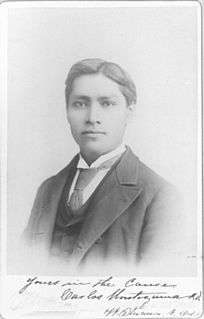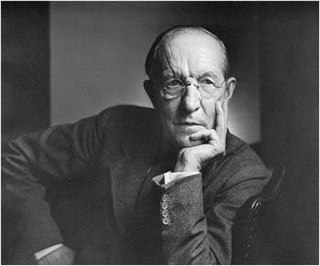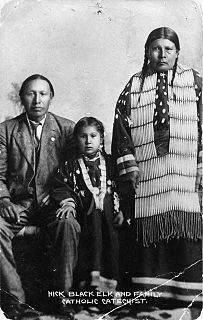A Quote by Rajkummar Rao
'Newton' is a very Indian film. I think, after a long time, people will see an Indian film in its true form. As in the story, the character, it is set in the heartland of India, but it's purely like how there was a time when Hrishikesh Mukherjee used to make sweet Indian films.
Related Quotes
I am extremely honoured by Indian Council For Culture Relations, India's apex body on the promotion of great Indian culture across the world for including cinema and I am deeply honoured for being the first person from the Indian film industry to represent the cause of this industry in the overall cultural promotion globally.
The life of an Indian is like the wings of the air. That is why you notice the hawk knows how to get his prey. The Indian is like that. The hawk swoops down on its prey, so does the Indian. In his lament he is like an animal. For instance, the coyote is sly, so is the Indian. The eagle is the same. That is why the Indian is always feathered up, he is a relative to the wings of the air.
We need to give out portrayal of ourselves. Every non-Indian writer writes about 1860 to 1890 pretty much, and there is no non-Indian writer that can write movies about contemporary Indians. Only Indians can. Indians are usually romanticized. Non-Indians are totally irrepsonsible with the appropriation of Indians, because any time tou have an Indian in a movie, it's political. They're not used as people, they're used as points.
The average Indian doesn't care about Hollywood movies because they have far too many movies of their own to watch, to miss, and I hope a story like 'Million Dollar Arm,' that is actually about India and deals with these two Indian kids, resonates over there and makes people want to go and see the movie.



































